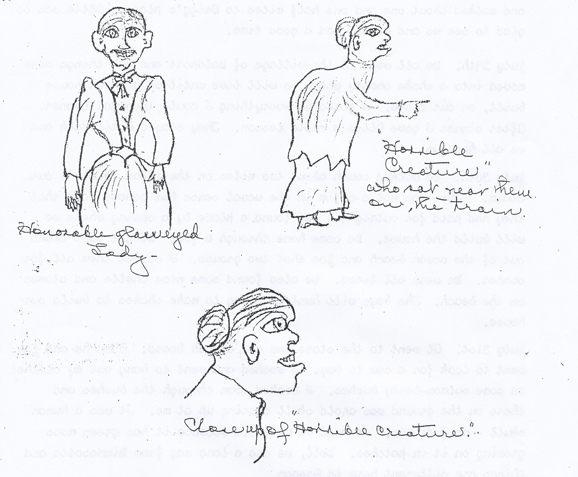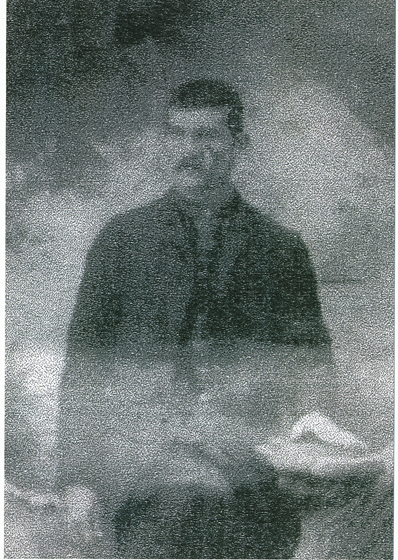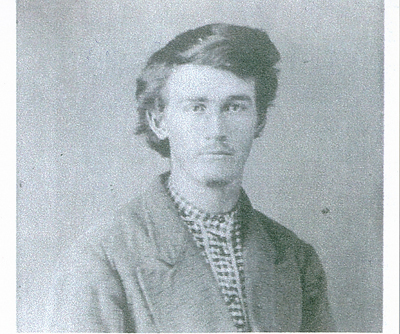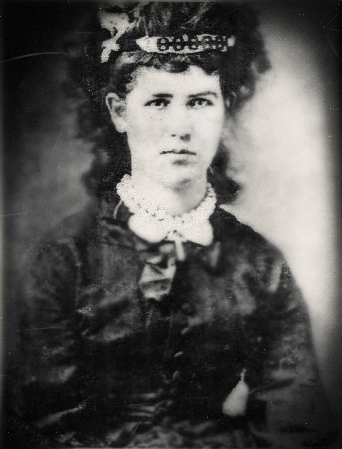Tag: charity alice mckenney
-

1883 Diary of Charity Alice McKenney Reynolds Barnes
This wonderful diary was sent to me by Allan McKenney. Charity Alice McKenney was a daughter of Robert Eugene McKenney, and Allan is a descendant of a brother of hers. I transcribed it from a typewritten copy printed in a cursive font so it was digital age. The original diary was itself copied first by…


